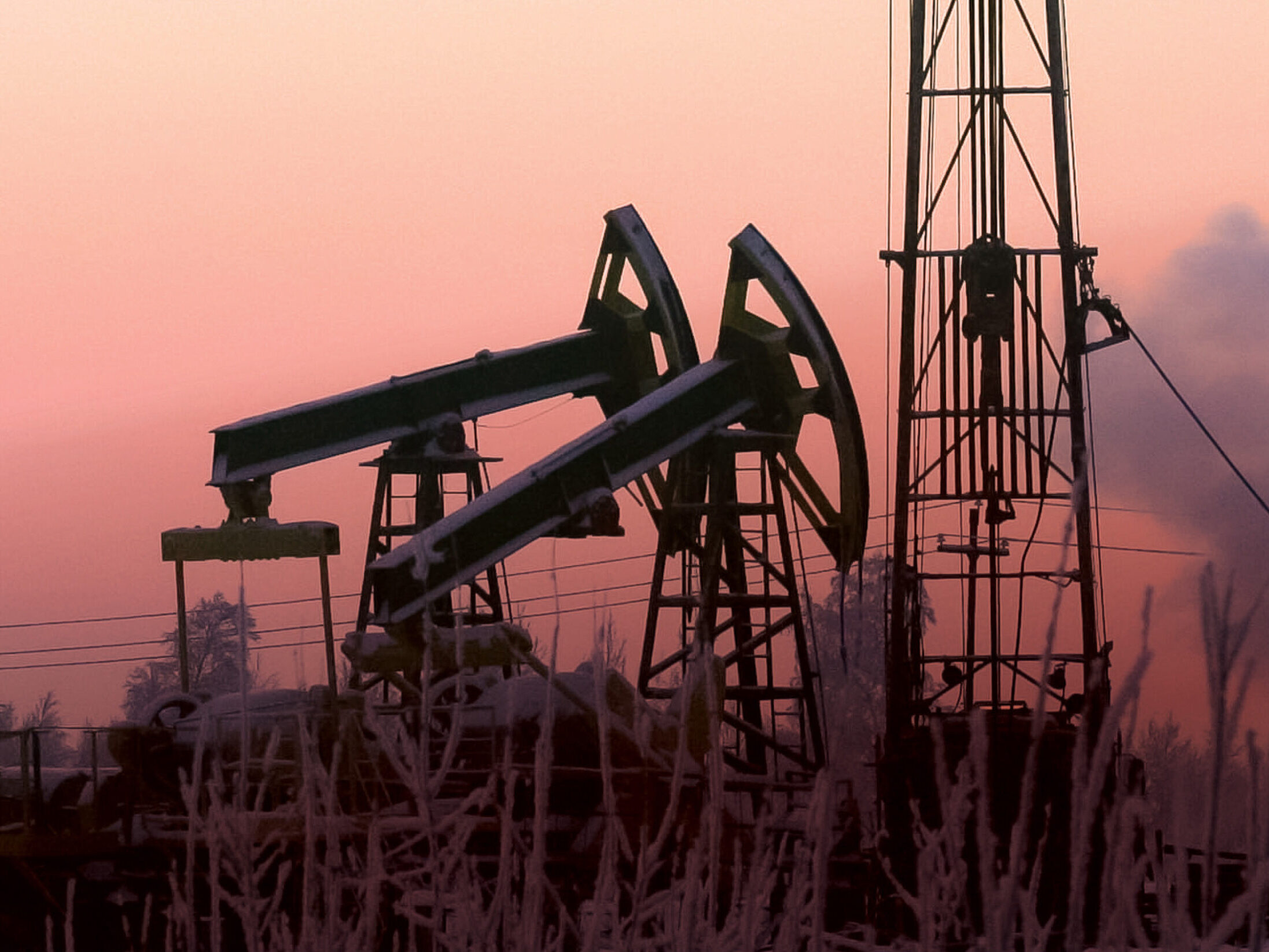Russia’s Expanding Shadow Fleet: A Growing Threat to Global Energy Sanctions
According to recent research from the Kyiv School of Economics (KSE), Russia’s shadow fleet of oil tankers has expanded rapidly, now transporting up to 70% of the country’s seaborne oil, despite efforts by Western nations to limit Moscow’s energy revenue amid the ongoing war in Ukraine. As of June 2024, the volume of Russian oil being transported by this fleet has surged to 4.1 million barrels a day, nearly double the previous amount. This expansion highlights the difficulties faced by Ukraine’s Western allies in isolating Russia’s economy and pressuring the country to end its invasion.
Background: Western Sanctions on Russian Oil
In December 2022, the UK, along with the G7 countries, Australia, and the EU, implemented a price cap of $60 per barrel on Russian crude oil. The aim was to restrict Western firms from transporting, servicing, or brokering Russian oil cargoes. The price cap was designed to reduce Russia’s energy revenues without causing a major disruption in global oil markets. However, the cap was seen as a compromise, intended to prevent an oil price shock.
Despite these efforts, Russia quickly adapted by deploying a shadow fleet of older, underregulated tankers with opaque ownership structures, allowing it to continue selling oil above the price cap. The Kyiv School of Economics estimates that Russia has invested over $10 billion in this fleet since early 2022, which now consists of more than 630 tankers, many of them over 20 years old. This fleet has enabled Russia not only to circumvent sanctions but also to transport Iranian crude, which is similarly under international sanctions.
For more details on the price cap and its intended impact, see this article by Reuters.
The Risks of Russia’s Shadow Fleet
The use of this shadow fleet has raised serious concerns. Western governments have intensified efforts to enforce sanctions, with the UK imposing sanctions on 10 ships believed to be central to these operations. The KSE has called for stricter sanctions, particularly emphasizing the environmental risks posed by the fleet.
According to the KSE, the tankers involved in these operations are often poorly maintained and underinsured, making them prone to accidents. These ships traverse heavily trafficked international routes, such as the Baltic Sea and the Strait of Gibraltar, which increases the likelihood of an environmental disaster. The KSE warns that while major oil spills have been avoided so far, the risk of a catastrophic spill remains high, with potential cleanup costs running into the billions of dollars.
Environmental Concerns
Sweden’s Foreign Minister has voiced concerns about Russia’s willingness to jeopardize environmental safety by operating unseaworthy oil tankers through the Baltic Sea, which contravenes established maritime regulations. The risk of an oil spill in these regions, which are crucial for global shipping, is not only an environmental disaster waiting to happen but could also lead to severe economic and geopolitical consequences.
For more insights into environmental risks from the shadow fleet, visit this report by the European Environmental Agency.
Conclusion
The expansion of Russia’s shadow fleet underscores the resilience of Moscow’s oil trade and the limitations of Western sanctions. As the situation evolves, the international community faces a growing challenge to enforce effective sanctions while mitigating the risks posed by the shadow fleet to both the global energy market and the environment. The KSE’s report serves as a stark warning that more stringent measures are needed to prevent a potential catastrophe.
To explore the full details of the Kyiv School of Economics’ findings, read the full report here.
















